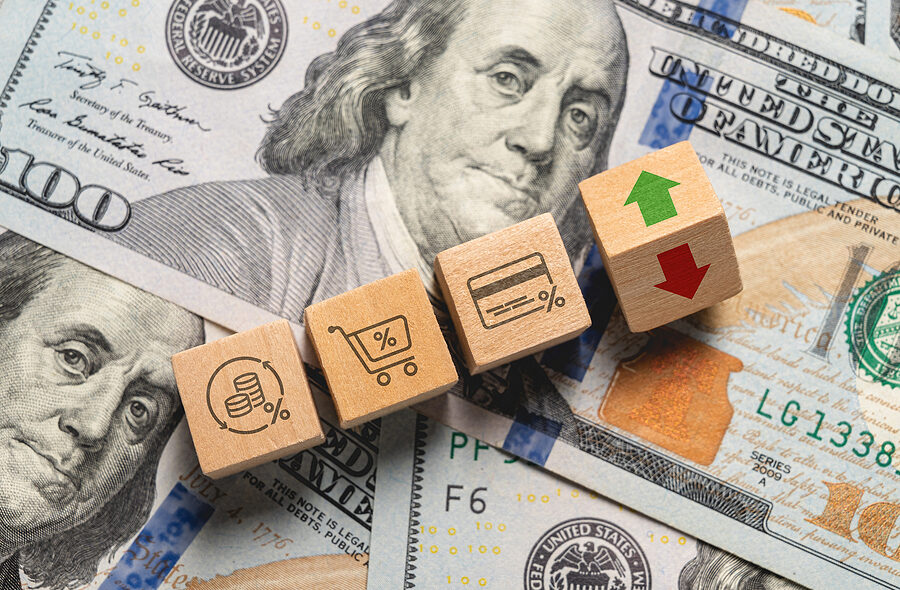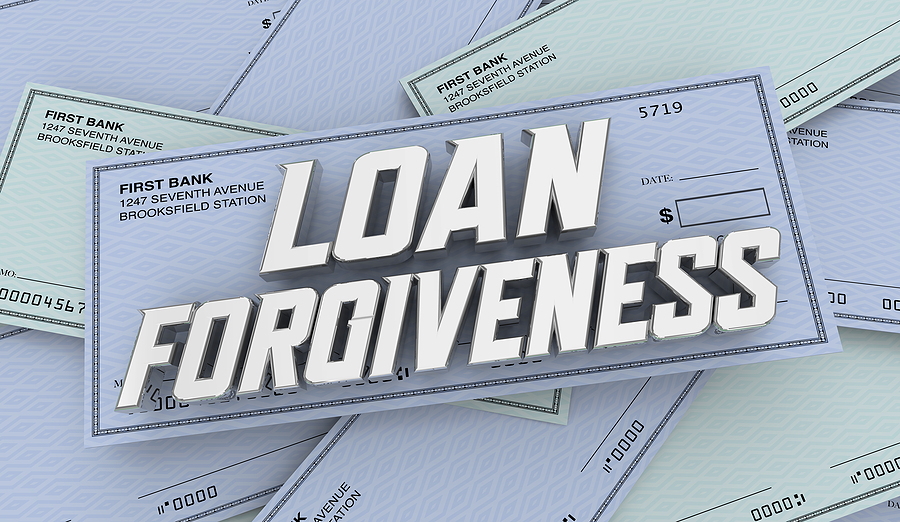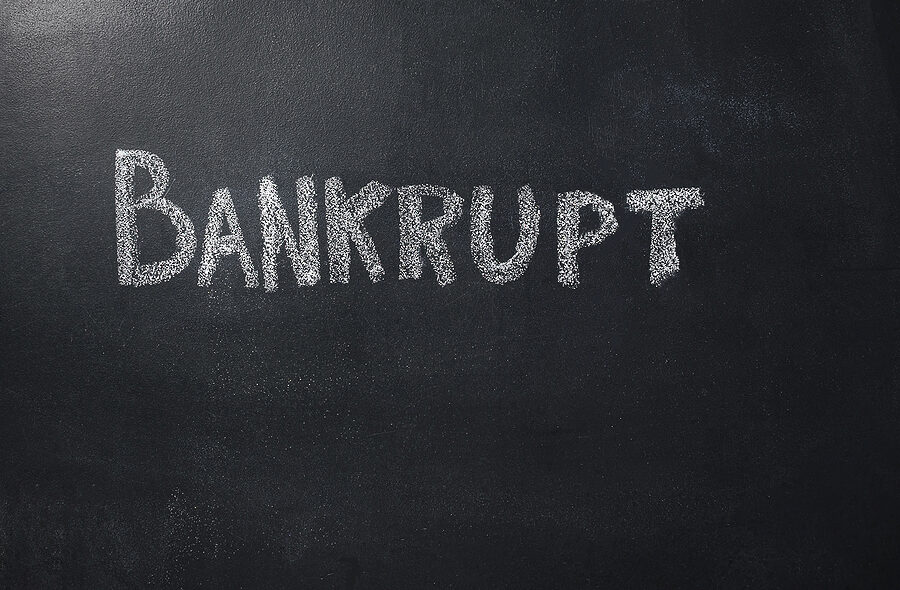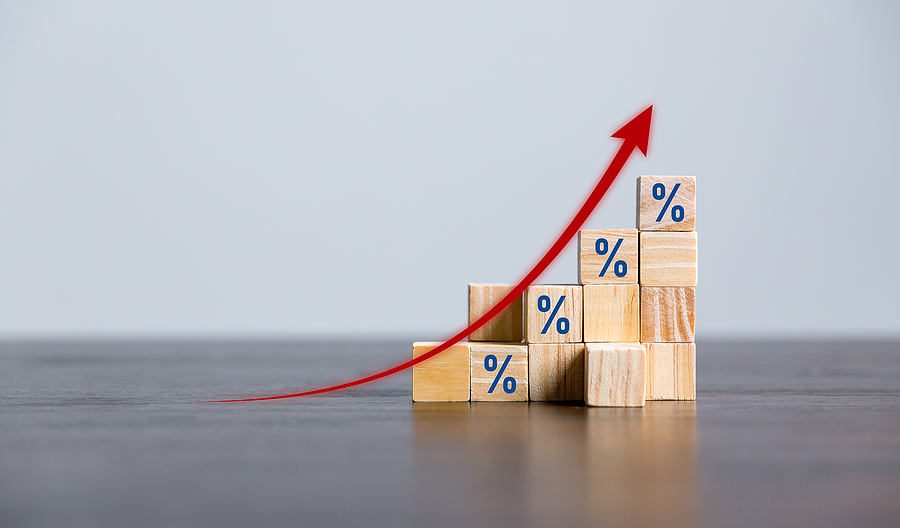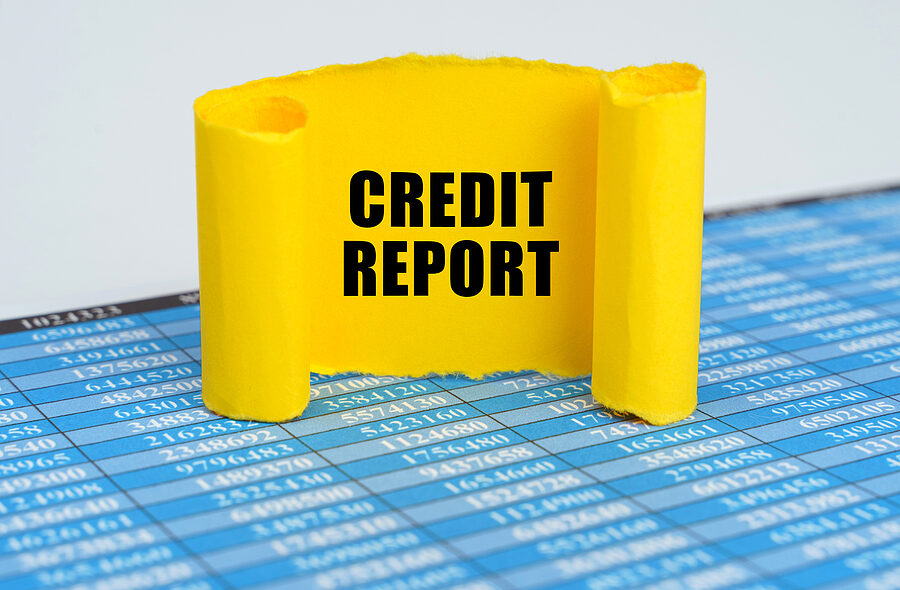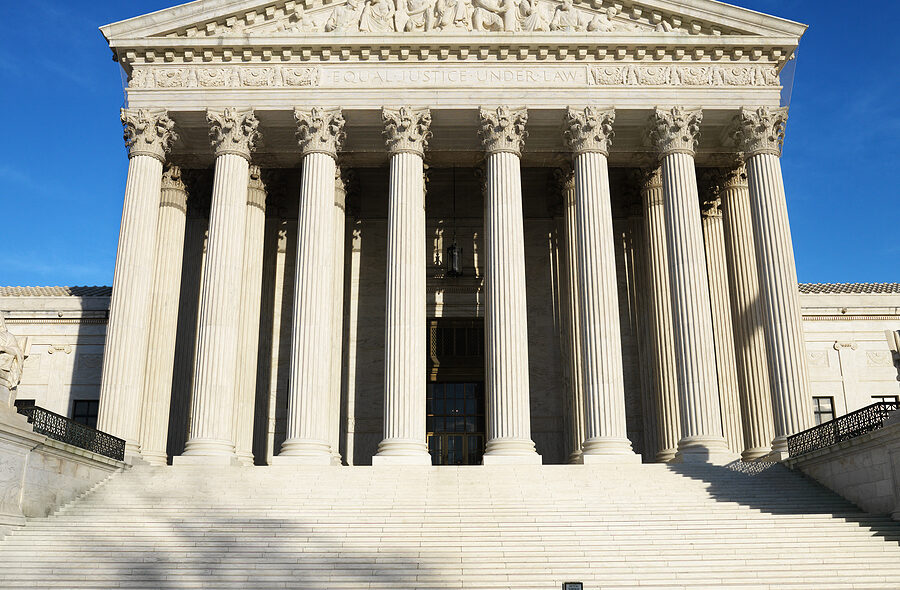The Federal Reserve increased its key rate by another quarter of a point, recently. This increase brought the rate to the highest level in 15 years. The increase was made in an effort to stave off inflation by making borrowing more expensive. However, this fed rate increase will affect consumer’s credit card bills.
Tag: Kingcade
Federal Appeals Court Issues Ruling, Allowing Remaining Student Loan Forgiveness to Move Forward after Pause
Borrowers waiting to see if they could receive student loan forgiveness through the stalled Borrower Defense to Repayment settlement recently received a victory. A federal court of appeals has issued a ruling saying that student loan forgiveness and other debt relief under this program could proceed while the appeal is pending. This ruling affects over 200,000 borrowers.
The case in question is Sweet vs. Carolina. A federal district court ruled in February that the settlement relief involved in this case could proceed. The case involves a class action lawsuit led by thousands of student loan borrowers who were seeking relief from the Education Department. In the lawsuit, the borrowers alleged that the Department had illegally delayed or arbitrarily rejected hundreds of thousands of Borrower Defense to Repayment applications, unfairly blocking borrowers from receiving relief.
Biden Administration to Make Process Easier to Have Debt Discharged in Bankruptcy
The road to having student loans forgiven in a bankruptcy case is certainly not an easy one, which is why so many borrowers forgo pursuing bankruptcy for fear that they will never be able to receive relief from their largest source of stress: their student loan debt. However, all of this could change very soon due to new guidelines issued by the Biden Administration.
In January 2023, the Justice Department updated the required attestation form that borrowers pursuing bankruptcy must complete before being able to seek a bankruptcy discharge of their federal student loan debt. The changes to the form include several modifications, including small changes as to how monthly household income is reported, instructions clarifying when a borrower needs to provide the court with additional information, and new questions looking for information on whether a school closure impacted the borrower’s ability to pay his or her student loans. The changes to guidelines also include more detailed information regarding the borrower’s student loan repayment history, including any consolidations made, deferments, or forbearances.
Five Reasons People Go Bankrupt
The number of bankruptcy filings across the U.S. are on the rise. Common reasons that people file for bankruptcy include loss of income, medical bills, a mortgage payment that is too high, spending beyond their means, or lending money to loved ones.
Many times, it is not just one simple cause, but rather a combination of factors that contribute to why someone has filed for bankruptcy. Here are some common reasons people file bankruptcy.
Bankruptcy Filings on the Rise
With federal pandemic aid programs ending, many Americans are finding themselves in difficult financial situations. Rising interest rates and high inflation make these situations all that much worse. As a result, bankruptcy courts are now seeing a spike in bankruptcy filings.
According to data from Epiq, the total number of bankruptcy filings increased in January 2023 by 19 percent, to 31,087 filings from one year ago. Additionally, the number of American consumers who filed for bankruptcy in Chapters 7, 11, and 13 increased by 20 percent from one year ago.
Millions of Debt Collections Disappear from American Consumers’ Credit Reports
Millions of debt collections disappeared from American consumers’ credit reports during the COVID-19 pandemic, according to reports from the Consumer Financial Protection Bureau (CFPB). Even though a large number of collections cases dropped off credit reports, overdue medical debt still remains a major consumer problem.
According to the CFPB, the total number of debt collection cases on consumer credit reports went from 261 million in 2018 to 175 million in 2022, dropping 33 percent (33%). Additionally, the number of consumers who had a debt collection on their credit report decreased by 20 percent (20%) between 2018 and 2022.
What Happens to My Car During Bankruptcy?
Will filing for bankruptcy cause me to lose my car? The fear of losing everything is a very real fear for many bankruptcy filers. However, this is one of the most common bankruptcy myths, and can keep individuals who are drowning financially from filing for bankruptcy. One concern many filers have is, what will happen to my car during bankruptcy?
The good news is most filers will be able to keep their vehicles after filing for bankruptcy. Florida bankruptcy laws offer generous exemptions which allow individuals to keep various types of property, including their vehicle. Under the Florida Motor Vehicle Exemption, bankruptcy filers can exempt up to $1,000 in motor vehicle equity. This amount can be even more if a married couple is filing for bankruptcy jointly.
Car Repossessions Hit a Decade High
Car repossessions have reached a figure not seen in over a decade. According to Fitch Ratings, the number of subprime auto borrowers who were at least 60 days past due on their car payments increased to 5.67 percent (5.67%) from 2.5 percent (2.5%), which was the figure reported in April 2021.
Numbers like these have not been seen since January 2009 when 5.05 percent (5.05%) of subprime car borrowers were at least 60 days late on their car payments during the peak of the Great Recession.
Kingcade Garcia McMaken Awarded ‘Best Bankruptcy Lawyers in Miami’ for 2023
MIAMI (February 28, 2023) — The Miami-based bankruptcy law firm of Kingcade Garcia McMaken has been awarded one of the ‘Best Bankruptcy Lawyers in Miami’ for 2023, by Expertise for obtaining the highest scores in consistency, qualifications, reputation, experience & professionalism.
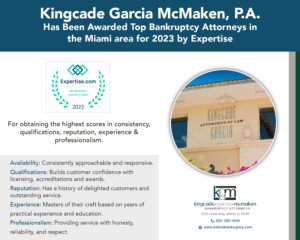
“We are extremely honored to have received this award,” says Founding Partner and Managing Shareholder, Timothy S. Kingcade. “In today’s competitive legal environment, clients have an increasing number of options when choosing an attorney. It is important that clients and potential clients know how serious we take quality customer service and business ethics. This is a true testament to the commitment we have to our clients and the standards we uphold as a law firm.”
Supreme Court Hears Arguments on Student Loan Cancellation
The U.S. Supreme Court will be hearing arguments this week over two legal challenges brought against President Biden’s student loan forgiveness plan. The decision from these challenges could make or break Biden’s overall plan for loan forgiveness, affecting tens of millions of American borrowers.
Since President Biden made his initial announcement regarding his loan forgiveness plan, his policy has faced six legal challenges. The two challenges before the high court now have consolidated these suits. One legal challenge has been brought by six states, including Arkansas, Iowa, Kansas, Missouri, Nebraska, and South Carolina. The other challenge has been backed by the Job Creators Network Foundation, a conservative-based advocacy group.

